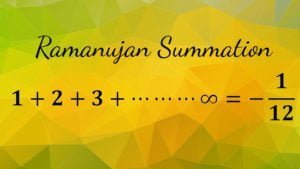Question: How can we assert if electron is really elementary ? Might not What is regarded as elementary today be found to be composite tomorrow ? After all, the atoms were the elementary particle of the nineteenth century, could not history repeat itself?
Answer: There are many experimental facts which strongly suggest that history will not repeat itself, and that particles such as the electron, the proton or the neutron will never be found to be composite in the same sense as the hydrogen atom was found to be composite. Let us try to describe the nature of this evidence.If two marbles collide with a sufficiently high relative velocity they will break into smaller fragments. In the same way two hydrogen molecules colliding with a high relative velocity will break into fragments. Unless the velocity is very high we will find among the fragments such things as hydrogen atoms or protons or electrons; in other words, the components of which hydrogen molecules are built. In both cases it is fair to describe what has happned as follows; the violence of the collision overcame the cohesive forces which keep the parts together in a marble, or in a hydrogen molecule and the objects therefore broke apart. A similar interpretation can be given to many nuclear reactions. Nuclei are made of protons and neutrons and if an energetic proton collides with a nucleus it may happen that a few protons and neutrons are knocked out of the nucleus.
-Rohit Dubey, Class: XII, School: D.H.T Saraswati Vidya Mandir, Nehru Nagar Ghaziabad 201001
Reference: Berkeley Physics Course.



please write something more about electrons.